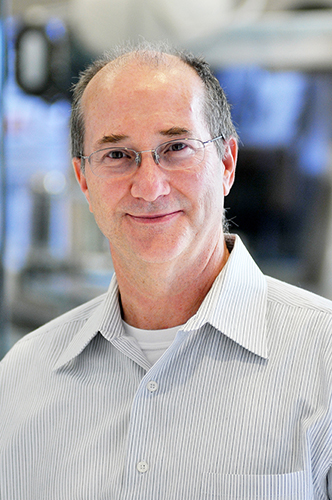Microbial infection is a complex process involving host invasion by the microbe, evasion of host defenses, and survival and replication of the microbe. At each stage, pathogens may exploit or subvert the host processes that can result in disease. Insights into how microbes interact with host cells and tissues and identification of the mechanisms by which pathogens cause disease is essential to developing treatments that reduce or cure the illness and death they cause.
Faculty and trainees in the host-microbe interactions and pathogenesis research area study all levels of microbe-host interactions, including mechanisms of host invasion, regulation of host physiology and cellular function, animal models of disease, and studies with humans. We exploit advanced in vitro model systems that recapitulate human disease and characterization of altered host pathways to identify targets to eliminate the pathogen or reduce disease severity. Our group studies a wide array of viral and bacterial pathogens, fungi and microbial parasites, as well as commensal host-microbe interactions that influence pathogenesis.
This research is supported by the Alkek Center for Metagenomics and Microbiome Research (CMMR), the Texas Medical Center Digestive Diseases Center, the Biology of Inflammation Center, the Center for Comparative Medicine, and cores through the BCM Advanced Technology Cores.
Profiles of Faculty Working on Host-Microbe Interactions and Pathogenesis
Graduate School Admissions
Find all the information you need to apply to the Baylor College of Medicine Graduate School of Biomedical Sciences.









































